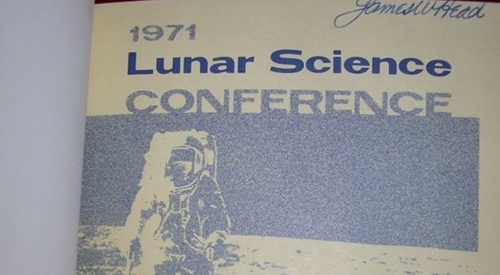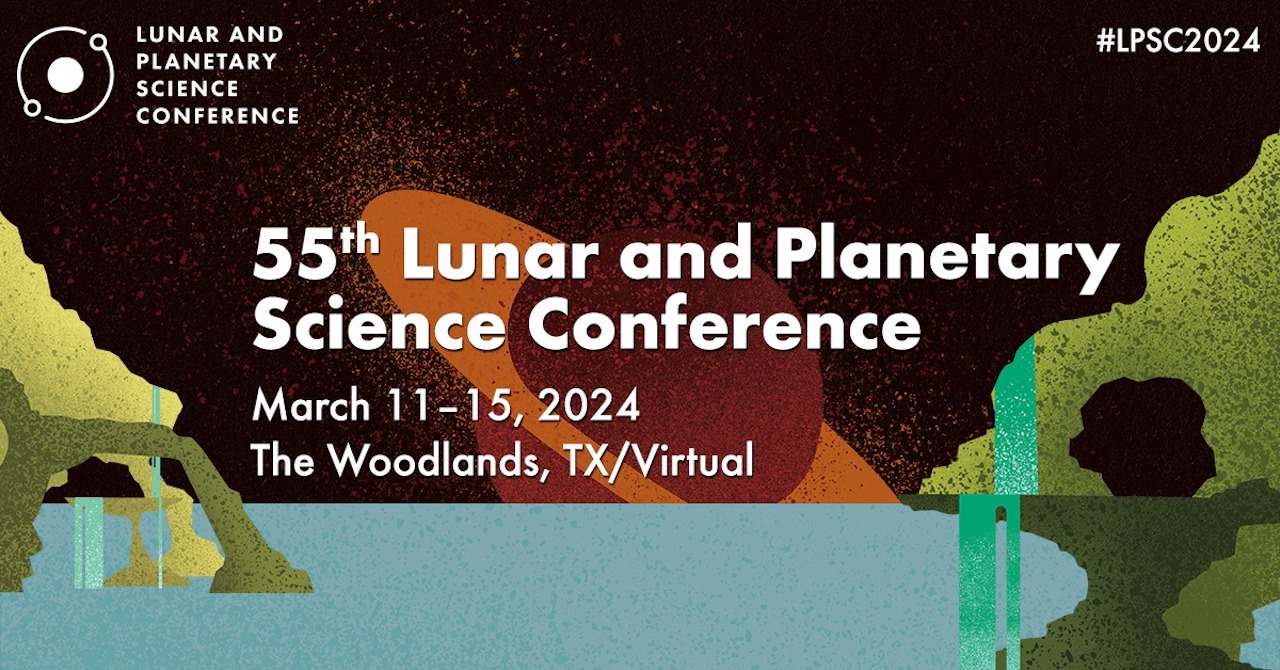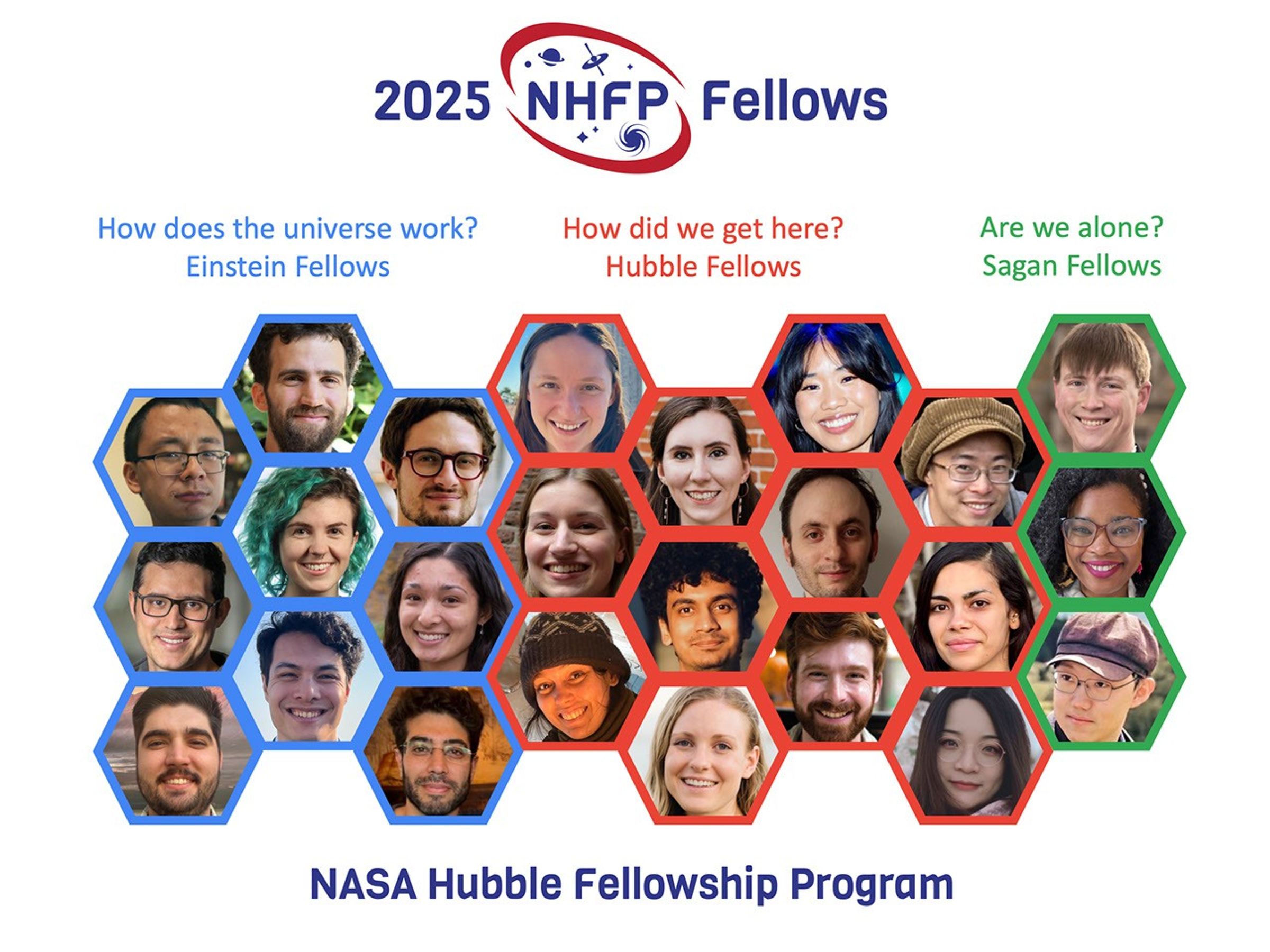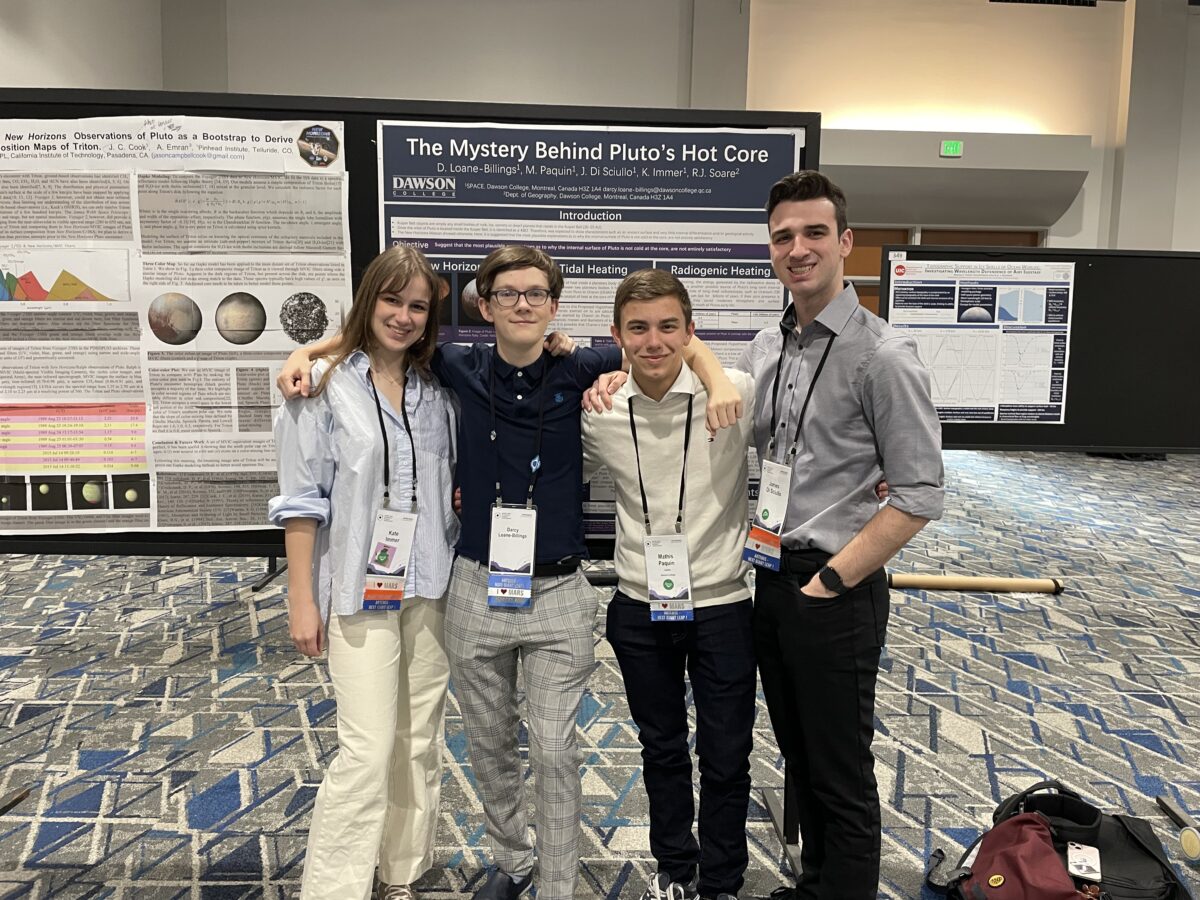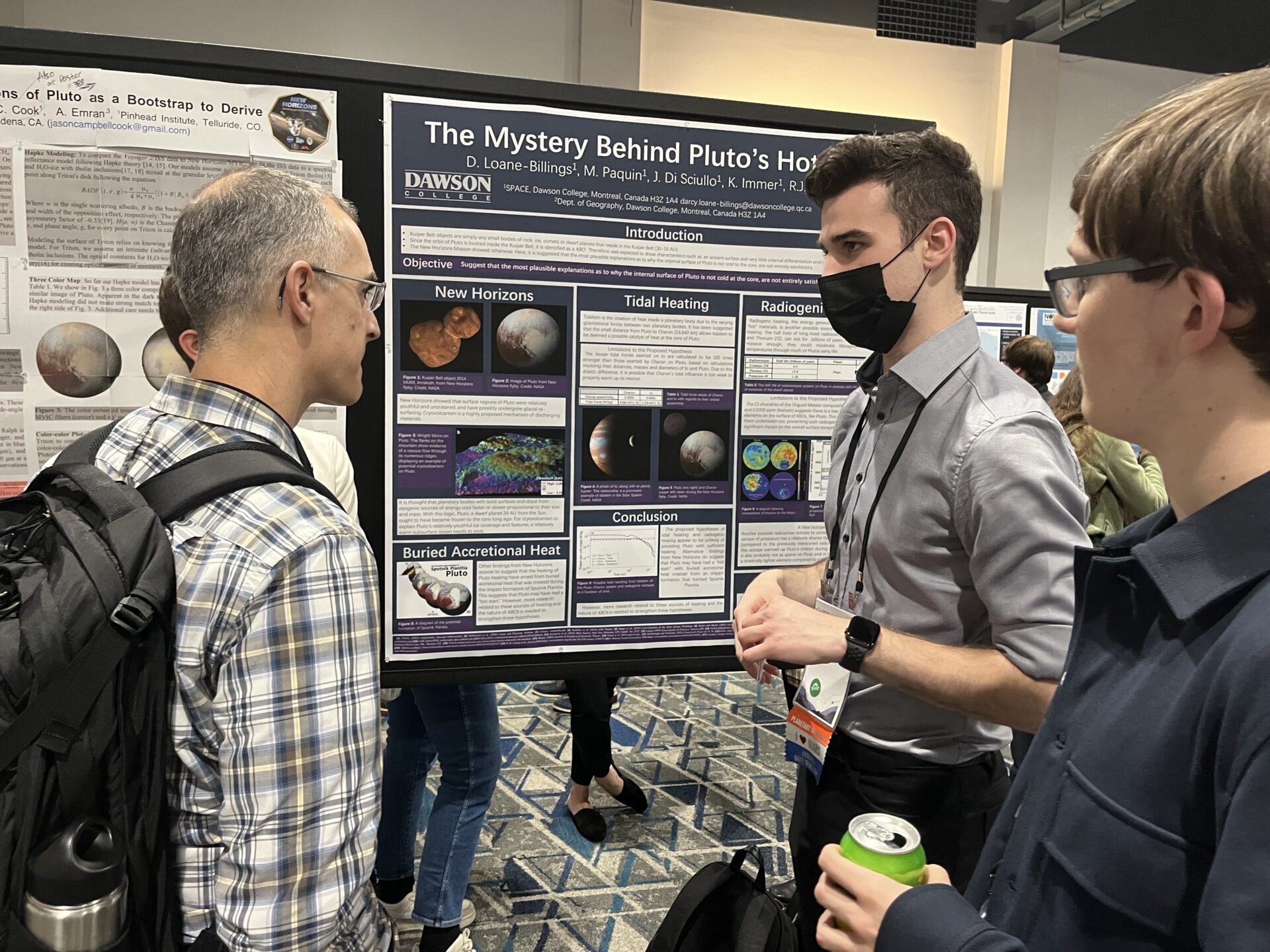Lunar And Planetary Science Conference 2025

The countdown has begun for the 56th annual Lunar and Planetary Science Conference (LPSC), a pivotal gathering where the latest discoveries, groundbreaking research, and future missions shaping our understanding of the solar system will be unveiled. Scheduled for March 17-21, 2025, in The Woodlands, Texas, the conference promises to be a landmark event, drawing thousands of planetary scientists, researchers, students, and policymakers from around the globe.
From the analysis of samples collected by the OSIRIS-REx asteroid sample return mission to tantalizing clues about the potential for past or present life on Mars, LPSC 2025 is poised to deliver a wealth of new insights. The conference serves as a critical nexus for collaboration, knowledge sharing, and the forging of new directions in planetary science exploration, setting the stage for the next decade of cosmic discovery.
LPSC 2025: A Deep Dive
At its core, LPSC 2025 is designed to foster communication and collaboration within the planetary science community. The conference provides a platform for researchers to present their findings through oral presentations, poster sessions, and topical workshops.
This comprehensive approach ensures that attendees can engage with a wide range of subjects, from the geology and geophysics of planetary bodies to the composition and dynamics of their atmospheres. It is organized by the Lunar and Planetary Institute (LPI), a division of the Universities Space Research Association (USRA), with significant support from NASA.
Key Themes and Expected Highlights
LPSC 2025 anticipates numerous presentations and discussions focusing on recent mission results and data analysis. Foremost among these will be updates from the Mars Sample Return (MSR) campaign, including ongoing analyses of samples collected by the Perseverance rover in Jezero Crater.
Scientists will likely present evidence concerning the crater's geological history and the potential for preserving signs of ancient microbial life. Preliminary analyses of the asteroid Bennu samples, brought back by OSIRIS-REx, will also undoubtedly feature prominently.
These initial investigations are expected to offer crucial data on the early solar system, the building blocks of planets, and the delivery of water and organic molecules to Earth. Furthermore, there will be significant attention given to data from ongoing lunar missions, including those of the Artemis program.
These missions aim to establish a sustainable human presence on the Moon, informing our understanding of lunar geology, resources, and potential for future scientific research. The exploration of icy moons, such as Europa and Enceladus, will also likely feature prominently.
Diversity and Inclusion at LPSC
Recognizing the importance of fostering a diverse and inclusive scientific community, LPSC actively promotes participation from individuals of all backgrounds. The conference organizers offer various programs and initiatives to support students, early-career researchers, and underrepresented groups in planetary science.
This includes travel grants, mentoring opportunities, and networking events designed to create a welcoming and supportive environment for all attendees. These efforts are crucial for ensuring that the field of planetary science benefits from the perspectives and contributions of a broad range of individuals.
Impact and Future Directions
LPSC's influence extends far beyond the confines of the conference venue. The discoveries and insights shared at LPSC often shape the direction of future planetary science missions and research priorities.
The conference serves as a catalyst for new collaborations and partnerships between researchers, institutions, and space agencies, driving innovation and accelerating the pace of discovery. The discussions and debates that take place at LPSC also help to refine our understanding of the solar system's formation, evolution, and habitability.
The data presented and discussions held at LPSC directly contribute to the planning and design of future missions. For example, insights gained from analyzing Martian meteorites at past LPSC conferences helped inform the selection of landing sites for the Mars Exploration Rovers, Spirit and Opportunity.
Similarly, data presented on the composition and structure of icy moons have shaped the design of missions like Europa Clipper, which is scheduled to launch in the near future. LPSC 2025 is expected to play a similar role in shaping the future of planetary science.
It is likely that presentations and discussions will influence the development of new technologies for exploring extreme environments. The search for biosignatures on other planets or moons is also an important theme.
Challenges and Opportunities
Despite the remarkable progress in planetary science, significant challenges remain. Funding constraints, technical hurdles, and the complexities of international collaboration can all impact the pace of exploration and discovery.
LPSC provides a forum for addressing these challenges and identifying potential solutions. The conference also offers opportunities to discuss ethical considerations related to planetary exploration, such as planetary protection and the responsible use of resources on other celestial bodies.
By bringing together experts from diverse fields, LPSC facilitates the development of innovative approaches to overcoming these obstacles and maximizing the scientific return from planetary missions. The conference is not without debate.
The Mars Sample Return mission is under significant scrutiny and debate because of cost overruns and technical delays, LPSC 2025 may see the presentation of alternative strategies and solutions to this issue. This may shape the trajectory of the future of the program.
Looking Ahead
LPSC 2025 is poised to be a pivotal event for the planetary science community, marking a transition point. It offers a window into the past, present, and future of our solar system.
As new missions are launched and data from existing missions are analyzed, the conference will continue to serve as a vital hub for knowledge sharing and collaboration. The discoveries unveiled at LPSC 2025 have the potential to reshape our understanding of our place in the cosmos.
The future of planetary science is bright, fueled by innovation, collaboration, and a relentless pursuit of knowledge. LPSC 2025 promises to be a celebration of these achievements and a glimpse into the exciting discoveries that lie ahead. The conference will drive future explorations and innovations.
